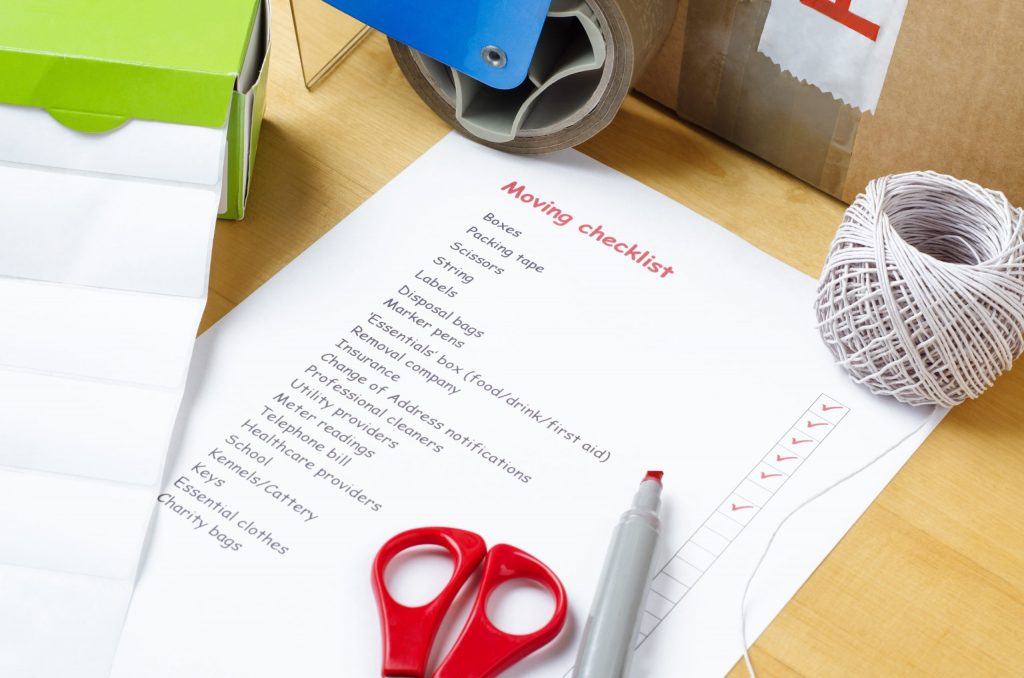The housing boom is showing no signs of slowing down, while an ONS report has revealed the number one factor when it comes to property prices and the staggering rise in prices since the pandemic started. Read on to find out more, plus the latest news on rising rental costs.
Demand for property continues to outstrip supply
Despite several increases in interest rates in recent months, along with a sharp rise in the cost of living, demand for residential property continues to remain extremely high, with no immediate signs of a slowdown any time soon.
While Spring is traditionally the hottest time of year for the property market, there’s been no significant surge in demand so far, as the market has remained at a particularly high level.
Such demand has continued to push prices up, with Halifax reporting an average price rise of more than £28,000 in the past year, which is roughly equivalent to the average annual salary of a typical UK worker.
Many experts are predicting a slowdown in the coming months as the soaring cost of living begins to bite, but if the first quarter of 2022 is anything to go by, it won’t be a sudden drop in demand or prices.
Key factor which drives house prices revealed
A report released by the Office for National Statistics (ONS) has revealed the most important factors which drive house prices in towns across England and Wales.
Perhaps unsurprisingly, top of the list is a town’s proximity to London, or more importantly, how commutable to the capital the town is.
Second and third place by some margins was the availability of local jobs, while the fourth spot was the level of income deprivation in a town.
The distance to London as the key factor isn’t a huge surprise, given that towns within easy reach of the capital have always had a premium attached to them, however, given the events of the past two years and the significant increase in remote working, it’s surprising just how important this factor still is.
For context, the report showed that the London factor was more than twice as important as the availability of local jobs, and around 10 times more important than the level of income deprivation.
The study also showed that for every 30 miles a town is from the capital, there was a £50,000 reduction in property price, although, after 125 miles, this figure becomes irrelevant, perhaps suggesting the maximum distance commuters are willing to travel.
Two-year house price rises revealed
One major lender has revealed the increase in property prices across the past two years, and the figures make for startling reading.
According to Halifax, the average property price in the UK has increased by £43,577 since the start of the first lockdown in March 2020.
This represents an 18.2% rise, which has taken the cost of a typical home to more than £282,000, with house prices increasing at nearly twice the rate of flats for the period.
The lender’s stats show that the price of a detached house has risen by around 21%, with flats increasing by 11%, as the demand for more space has become apparent since lockdowns were first introduced due to the pandemic.
Rents reach record highs
Data revealed by the property portal, Rightmove, has revealed record high rental costs for tenants outside London.
National rents outside the capital have reached an eye-watering £1,088 per month on average as demand has continued to far outweigh supply.
Annual rental growth reached 11% over the past year – the first time on record that rents outside London have exceeded 10%.
With rental demand up by 6% and the number of rental properties available being 50% lower than at the same point 12 months ago, the rental market is the most competitive it’s ever been.
In other news…
Possibly the UK’s smallest detached house has gone on sale on the grounds of Grimston Park, Tadcaster in North Yorkshire.
From street level, the tiny Georgian gatehouse appears tiny, with the space above ground measuring just a little over 10sq ft.
However, scratch beneath the surface and you’ll find a more spacious, 306sq ft living area lurking in the basement.
The one-bedroom, Grade II listed property is for sale for £215,000.
For more property news and updates and a more detailed overview of the Gloucestershire area, get in touch with TG Sales & Lettings. We are your local property experts. Call us on 01452 300822 or email rachel@tgres.co.uk.













